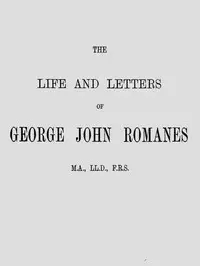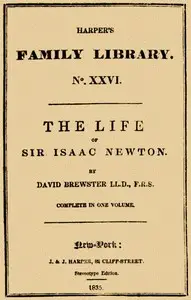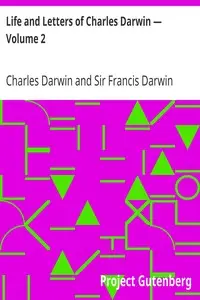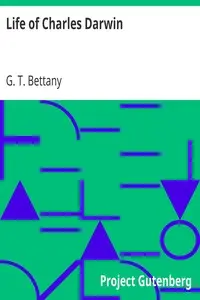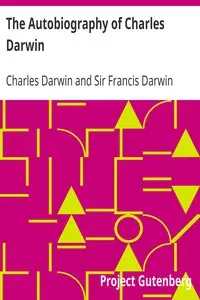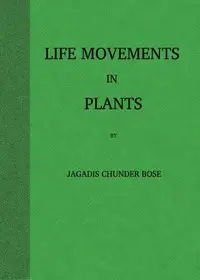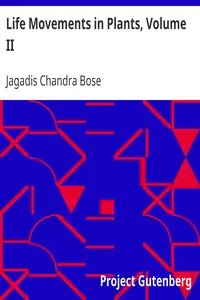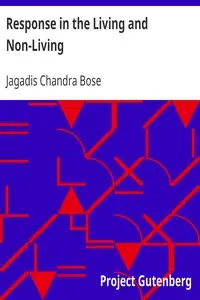"Sir Jagadis Chunder Bose, His Life and Speeches" by Jagadis Chandra Bose is a biographical work from the early 1900s that explores the remarkable life and scientific achievements of Jagadis Chandra Bose, a celebrated Indian scientist known for his groundbreaking research on plants and electric waves. The book follows Bose’s path from a modest childhood to his rise as a respected professor and a globally recognized scientific leader. It starts by describing his early years, his family’s history, and his education, emphasizing the significant impact of his father, who inspired him to seek knowledge despite obstacles. The narrative explores Bose's time in a local school, where he cultivated a deep appreciation for nature and a dedication to learning, paving the way for his future academic successes, including his studies in England, where he made a name for himself in the scientific world, showcasing his resilience, passion, and the building blocks of his inventive discoveries.

Sir Jagadis Chunder Bose, His Life and Speeches
By Jagadis Chandra Bose
Discover how a young boy's love for nature transformed him into a world-renowned scientist who redefined our understanding of plants and electric waves.
Summary
About the AuthorSir Jagadish Chandra Bose
(; IPA: [dʒɔɡodiʃ tʃɔndro boʃu]; 30 November 1858 – 23 November 1937) was an Indian polymath with interests in biology, physics, botany and writing science fiction. He was a pioneer in the investigation of radio microwave optics, made significant contributions to botany, and was a major force behind the expansion of experimental science on the Indian subcontinent. Bose is considered the father of Bengali science fiction. A crater on the Moon was named in his honour. He founded the Bose Institute, a premier research institute in India and also one of its oldest. Established in 1917, the institute was the first interdisciplinary research centre in Asia. He served as the Director of Bose Institute from its inception until his death.
Sir Jagadish Chandra Bose (; IPA: [dʒɔɡodiʃ tʃɔndro boʃu]; 30 November 1858 – 23 November 1937) was an Indian polymath with interests in biology, physics, botany and writing science fiction. He was a pioneer in the investigation of radio microwave optics, made significant contributions to botany, and was a major force behind the expansion of experimental science on the Indian subcontinent. Bose is considered the father of Bengali science fiction. A crater on the Moon was named in his honour. He founded the Bose Institute, a premier research institute in India and also one of its oldest. Established in 1917, the institute was the first interdisciplinary research centre in Asia. He served as the Director of Bose Institute from its inception until his death.



